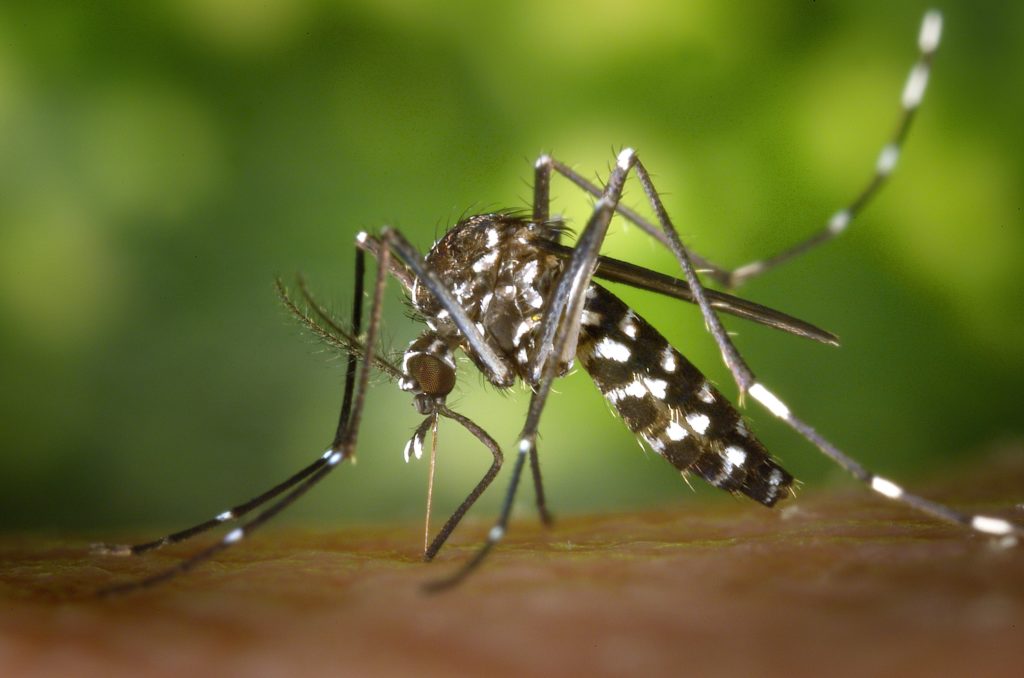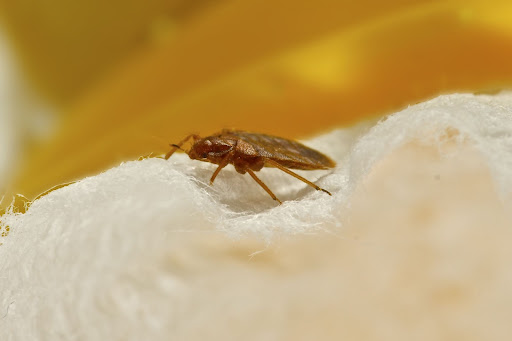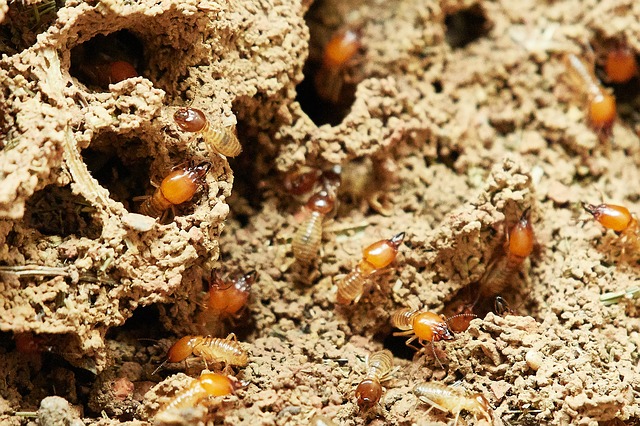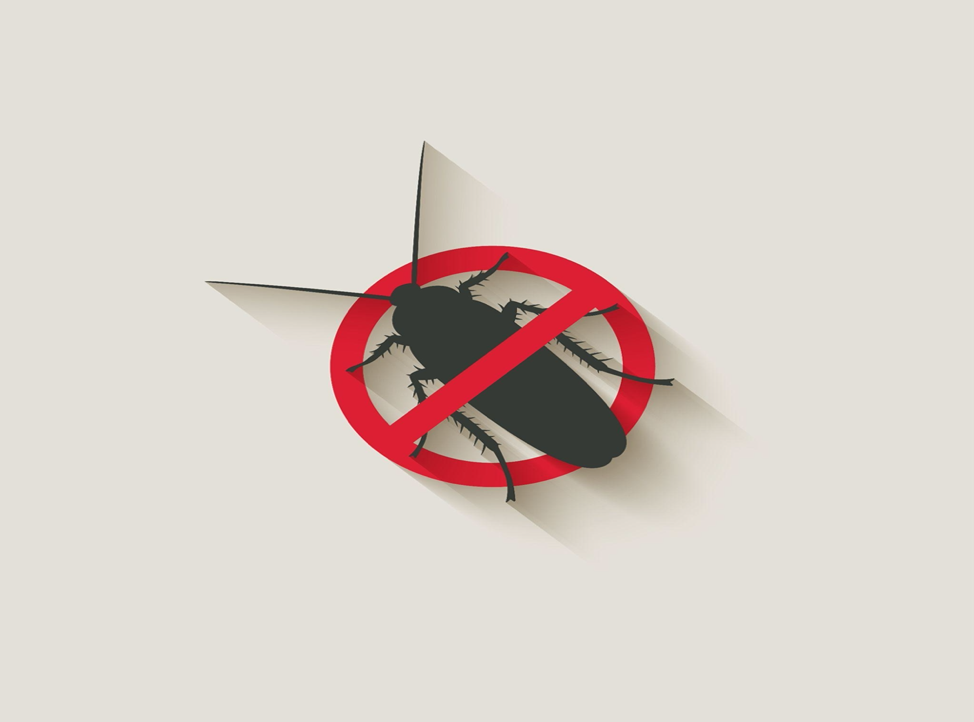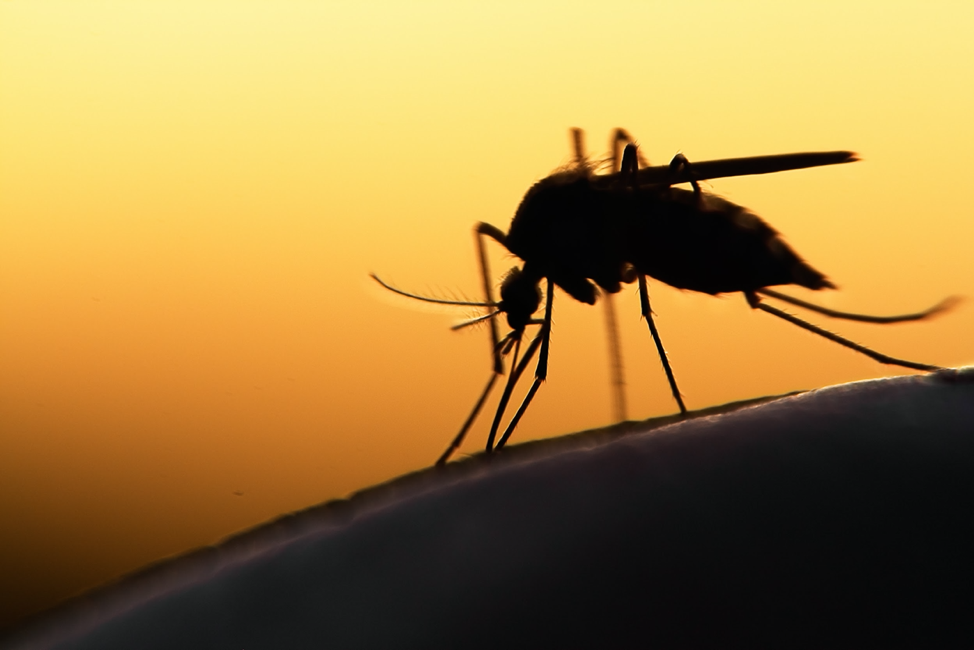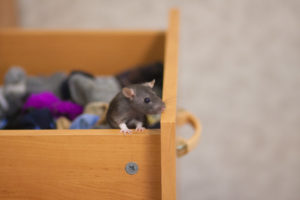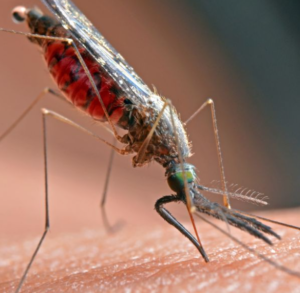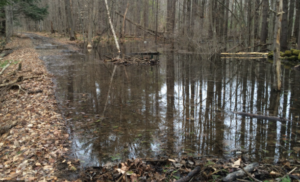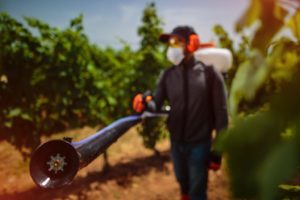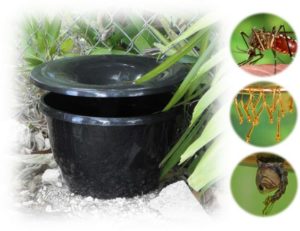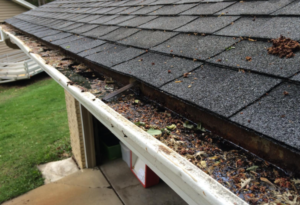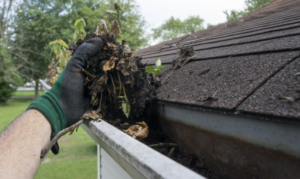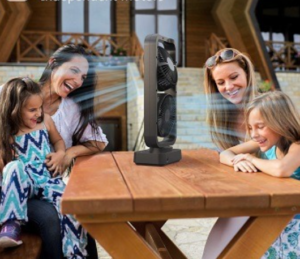
Are you tired of dealing with bed bugs at home? We recommend hiring a professional pest control service provider to help you get rid of the infestation as early as possible, as controlling the spread and damage caused by bed bugs can cost you time and money.
Living with Pest Infestation Can Be a Risk
Living with pest infestation can be a significant risk, especially if they’re in your bed. Do-It-Yourself ways to eliminate them may only work to a certain extent. However, having a pest control specialist get rid of bed bugs is one of the best ways to deal with the problem thoroughly.
Here’s why you should hire a professional pest control specialist to deal with the bed bug problem.
To Safeguard and Protect Your Health
Health is a priority for everyone. Insect bites and bug bites are capable of causing allergic reactions in the body and causing conditions like asthma that could require hospitalization. Thus, having a pest control expert get rid of the bed bug problem is one of the most effective ways to safeguard and protect your health.
Lack of Knowledge of How Many Chemicals to Use
Depending on the severity of the condition, a professional will decide how much chemical and medicine to use to get rid of the bed bugs. As a layperson, you may end up using too much or too little, and neither are optimal solutions. While using too much of the bed bug repellent can cause an adverse reaction, using not an adequate quantity of it will not produce the desired results. Thus, it is best if a pest control specialist deals with getting rid of the bed bug infestation.
A Specialist Can Identify and Prevent the Spread of Infection
According to the United States Environmental Protection Agency, identifying the type of bug is the first step in controlling it. Many pests can be mistaken for bed bugs due to similar appearance. To use the correct chemical and treatment procedure to get rid of them, it is vital to identify them first and administer the proper treatment. A pest control specialist is an expert in this aspect.
According to studies published by the United States Environmental Protection Agency, an average bed bug can measure the size of an apple seed. They have a flat body which is generally oval-shaped and brown. Meanwhile, if not fed recently, the younger bed bugs can be almost invisible to the eye. They could be of a whitish-yellow hue and tiny in size.
Are you looking for a safe and reliable solution to deal with bed bugs on your property? Look no further as Ultra Safe Pest Management has a solution for all your pest-related problems. Home pest protection, commercial pest protection, and municipal pest protection are their areas of expertise. Reach out to us for your pest control related needs.

